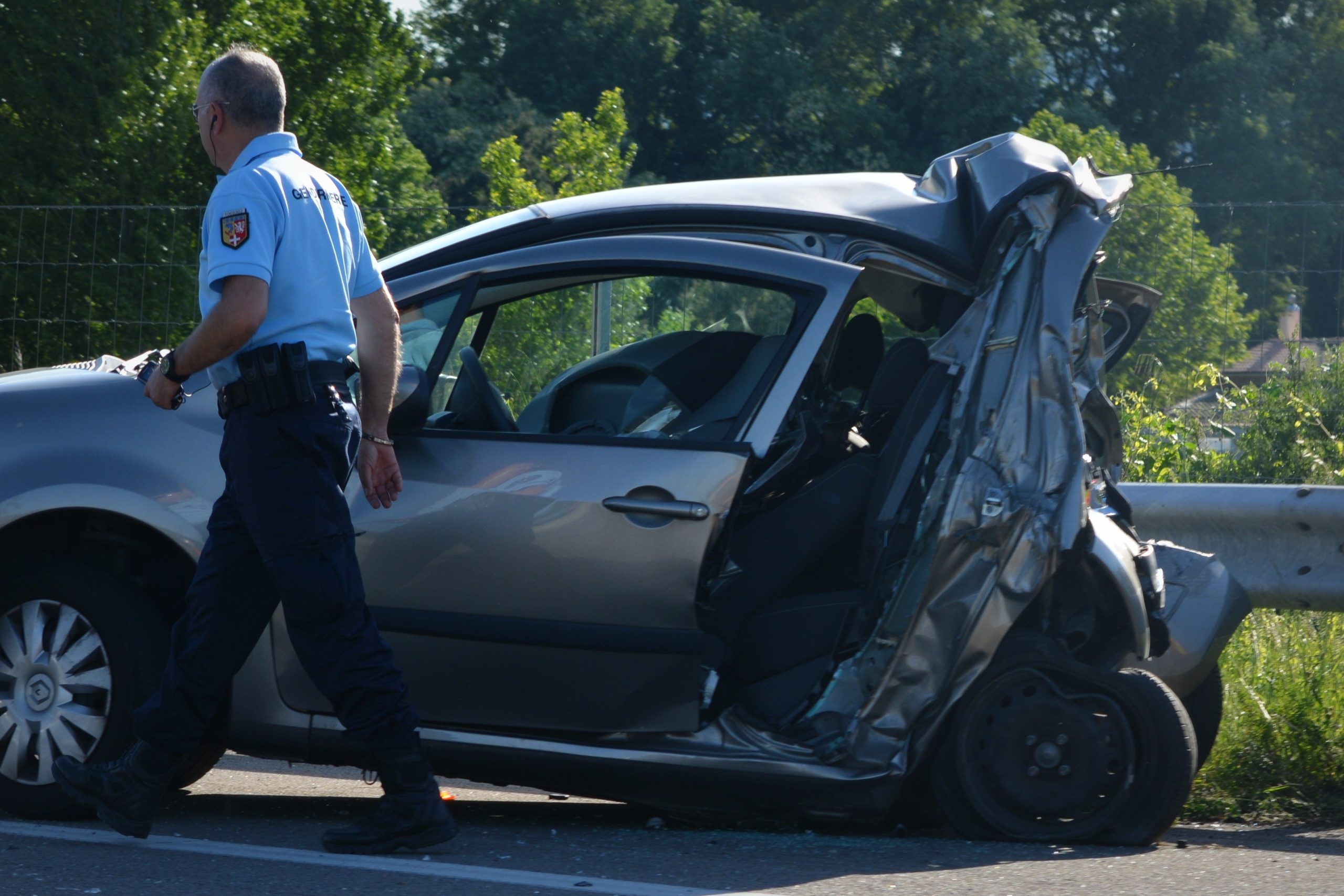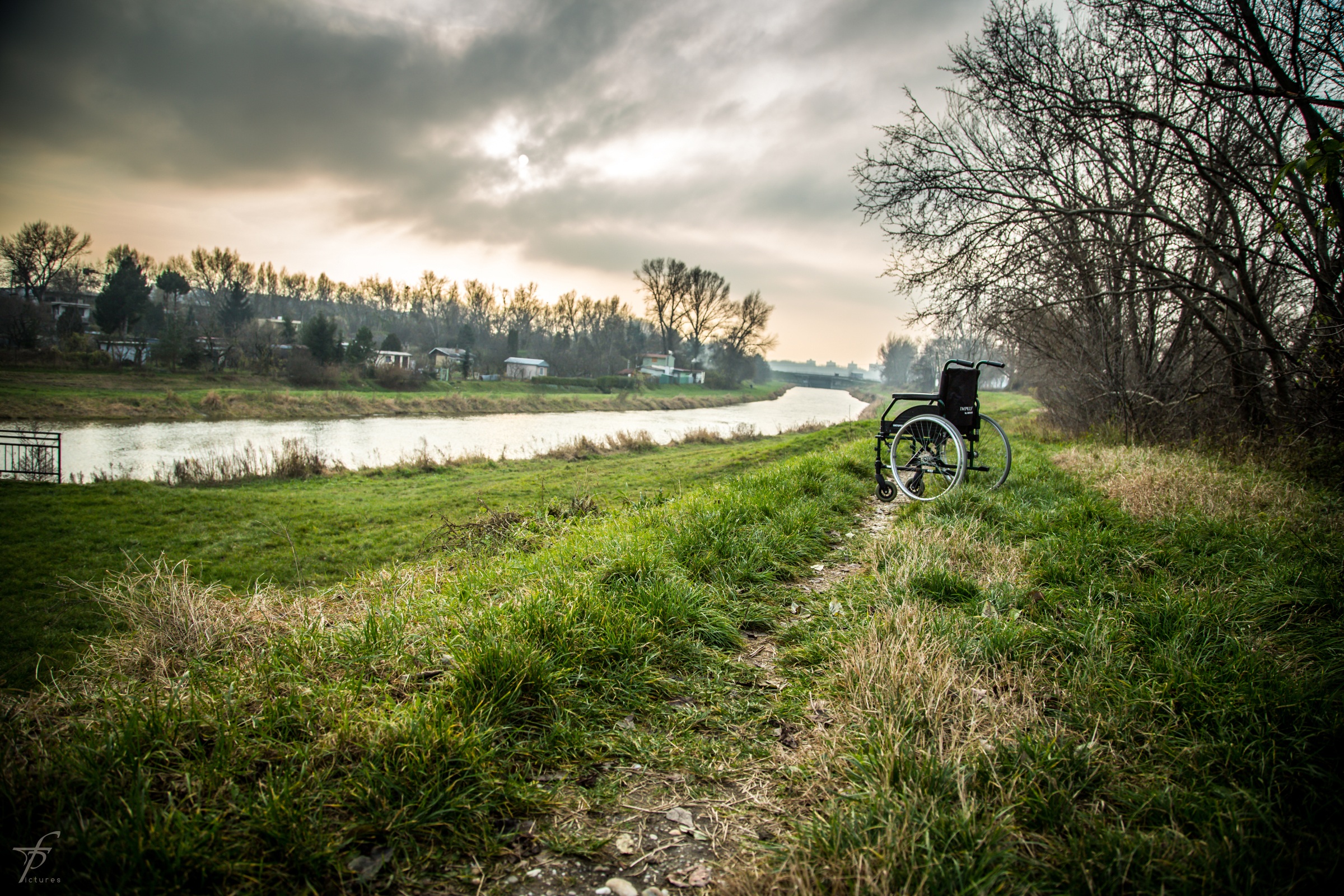 Complex insurance issues can add more hassle to the damage from a car accident. What happens if you’re in an automobile accident after failing to pay your insurance premium? Can you still get coverage for your claims? The following case out of Baton Rouge shows why insurance companies must follow proper procedure and offer evidence of cancellation or suffer consequences.
Complex insurance issues can add more hassle to the damage from a car accident. What happens if you’re in an automobile accident after failing to pay your insurance premium? Can you still get coverage for your claims? The following case out of Baton Rouge shows why insurance companies must follow proper procedure and offer evidence of cancellation or suffer consequences.
On July 27, 2010, Beverly Smith and Darlene Shelmire were involved in a vehicle collision in Baton Rouge when Shelmire entered an intersection without yielding. Smith sustained injuries due to the accident and filed a claim against Shelmire and her insurer, Gramercy Insurance Company. The insurance company asked the court for summary judgment, claiming that Shelmire did not have insurance coverage at the time of the accident due to the cancellation of her policy for nonpayment. The court held a hearing on the motion and denied it.
The legal entity representing Gramercy Insurance Company, GoAuto, filed a new motion for summary judgment, asserting the same claim that Shelmire’s policy had been canceled before the accident. The trial court again denied this motion. In a bench trial, GoAuto filed a motion for involuntary dismissal, which the court denied. During the trial, the court heard evidence that Shelmire had paid her insurance premium on the afternoon of the accident and reported the accident a few hours later. GoAuto paid Shelmire for the damage to her vehicle the next day, despite their claim at trial that her insurance policy had been canceled by that point. Therefore, the trial ordered GoAuto to pay $15,000 in damages to Smith. GoAuto appealed this judgment.
 Insurance Dispute Lawyer Blog
Insurance Dispute Lawyer Blog


 If you slip and fall over an item that has fallen at a store, you might think that you will be able to recover for your injuries in a lawsuit against the store. However, it is not enough to simply show that you slipped and fell. Instead, you must show that the store knew about or created the condition that caused you to slip and fall. Because Lilly Edwards could not show this, the court dismissed her lawsuit against a Baton Rouge, Louisiana, Dollar General store.
If you slip and fall over an item that has fallen at a store, you might think that you will be able to recover for your injuries in a lawsuit against the store. However, it is not enough to simply show that you slipped and fell. Instead, you must show that the store knew about or created the condition that caused you to slip and fall. Because Lilly Edwards could not show this, the court dismissed her lawsuit against a Baton Rouge, Louisiana, Dollar General store. Premises liability is an active area of personal injury law, and accidents occurring on public property are no exception. The question often arises, who is liable for a slip and fall on a public sidewalk? In this case, the Louisiana Third Circuit Court of Appeal was asked to determine the premises liability of the town of Lake Arthur for a fall occurring on a public sidewalk built and maintained by this public entity.
Premises liability is an active area of personal injury law, and accidents occurring on public property are no exception. The question often arises, who is liable for a slip and fall on a public sidewalk? In this case, the Louisiana Third Circuit Court of Appeal was asked to determine the premises liability of the town of Lake Arthur for a fall occurring on a public sidewalk built and maintained by this public entity. Recovering from an automobile collision is already a difficult journey. Sometimes physical recovery does not occur in a straight line, and intermediate accidents can complicate the process. This was especially true for Alexandria resident Mr. Maricle.
Recovering from an automobile collision is already a difficult journey. Sometimes physical recovery does not occur in a straight line, and intermediate accidents can complicate the process. This was especially true for Alexandria resident Mr. Maricle.  Courts often rely on motions for summary judgments to avoid the costly and time-consuming reality of going to trial and presenting a case in front of a jury. Motions for summary judgment are when one party asks the court to decide the case based on the current facts alleged in their favor. Courts should grant these motions when there are no facts in dispute for the jury to resolve. But how much evidence does a party have to present to survive one of these motions? A case out of New Orleans shows that, in some cases, just having medical records could be enough to deny a motion for summary judgment.
Courts often rely on motions for summary judgments to avoid the costly and time-consuming reality of going to trial and presenting a case in front of a jury. Motions for summary judgment are when one party asks the court to decide the case based on the current facts alleged in their favor. Courts should grant these motions when there are no facts in dispute for the jury to resolve. But how much evidence does a party have to present to survive one of these motions? A case out of New Orleans shows that, in some cases, just having medical records could be enough to deny a motion for summary judgment.  The lawsuit process can be expensive between investigation, preparation for trial, and the trial itself. This is on top of the emotional rollercoaster of events that have given rise to a lawsuit in the first place. Unfortunately, sometimes a plaintiff may lose at trial and be hit with all the litigation costs for both parties. The following case shows how those costs are within the court’s discretion.
The lawsuit process can be expensive between investigation, preparation for trial, and the trial itself. This is on top of the emotional rollercoaster of events that have given rise to a lawsuit in the first place. Unfortunately, sometimes a plaintiff may lose at trial and be hit with all the litigation costs for both parties. The following case shows how those costs are within the court’s discretion. Hospital admission can often be a terrifying experience, but even more so is an ICU admission. Your life is literally in the hands of hospital doctors and nurses. But what happens if you sustain injuries unrelated to your original illness or injury while in the ICU? A recent patient at Mercy Regional Medical Center in Ville Platte, Louisiana, was left with no legal recourse after sustaining multiple ant bites during her ICU stay.
Hospital admission can often be a terrifying experience, but even more so is an ICU admission. Your life is literally in the hands of hospital doctors and nurses. But what happens if you sustain injuries unrelated to your original illness or injury while in the ICU? A recent patient at Mercy Regional Medical Center in Ville Platte, Louisiana, was left with no legal recourse after sustaining multiple ant bites during her ICU stay.  Before taking on one of the nation’s largest, leading automotive manufacturing companies, it is essential to consult an excellent attorney with knowledge of the Federal Court system. The importance of following the deadlines set by the Court in that system cannot be understated. Unfortunately, the lesson of how critical it is to follow court deadlines came to bear a harsh reality for the children of two deceased car accident victims in the following case.
Before taking on one of the nation’s largest, leading automotive manufacturing companies, it is essential to consult an excellent attorney with knowledge of the Federal Court system. The importance of following the deadlines set by the Court in that system cannot be understated. Unfortunately, the lesson of how critical it is to follow court deadlines came to bear a harsh reality for the children of two deceased car accident victims in the following case. People may be fired for a variety of reasons. Often a dismissed employee feels the termination was unjust or racially based. Bringing a lawsuit under
People may be fired for a variety of reasons. Often a dismissed employee feels the termination was unjust or racially based. Bringing a lawsuit under  If you feel you have been wrongfully terminated, you might think it is sufficient to file a lawsuit accusing your former employer of violating the law. However, merely making legal accusations is insufficient. To survive a motion to dismiss, you must include sufficient factual details to support your claims against your former employer. The case shown below demonstrates these principles.
If you feel you have been wrongfully terminated, you might think it is sufficient to file a lawsuit accusing your former employer of violating the law. However, merely making legal accusations is insufficient. To survive a motion to dismiss, you must include sufficient factual details to support your claims against your former employer. The case shown below demonstrates these principles.